For kitchen professionals, the question of whether induction works well with thick cast iron is a pertinent one. As culinary experts continue to seek the best cooking methods, understanding how different cookware materials interact with various heat sources is crucial. Induction cooking has increasingly become a favorite among chefs due to its efficiency and precision, but how does it fare with thick cast iron cookware?
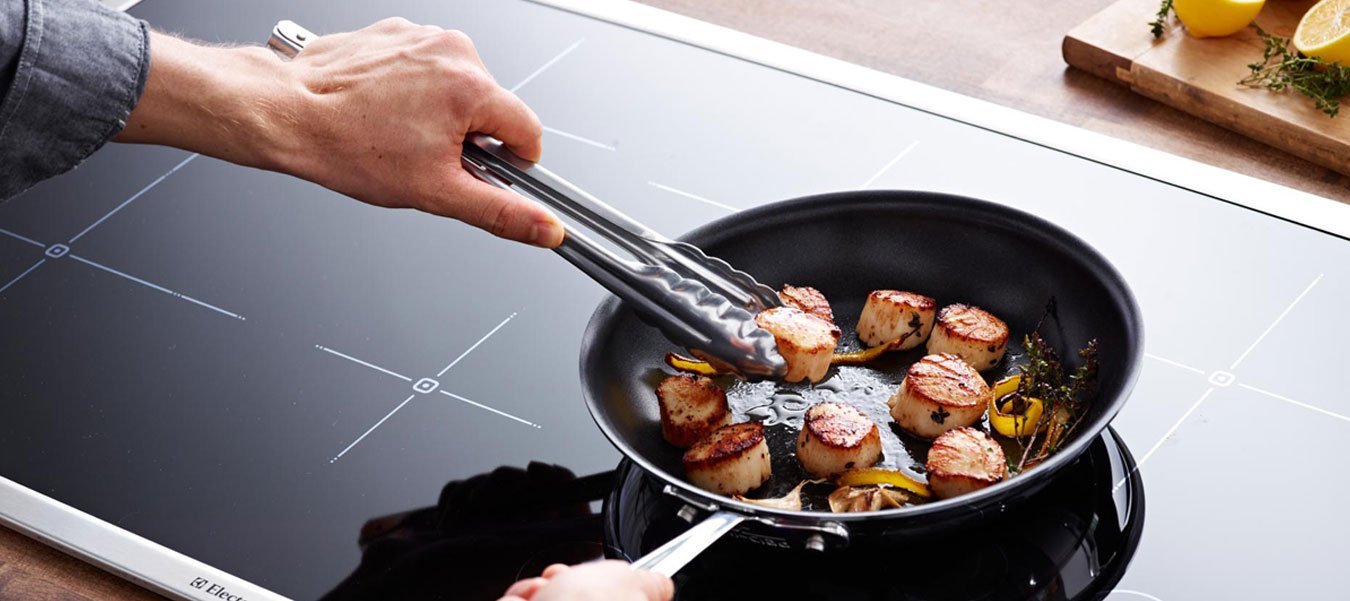
Understanding Induction Cooking
Induction cooking utilizes electromagnetic fields to directly heat the cookware, offering rapid and efficient temperature control. Unlike traditional gas or electric stoves, there is no open flame or exposed heating element. This method is praised for its energy efficiency and the speed at which it heats up cookware. However, the compatibility of induction cooking with various cookware materials, especially thick cast iron, remains a topic of debate.
Before diving into the compatibility of thick cast iron with induction, it's essential to understand how induction cooking works. The electromagnetic field generated by the induction cooktop induces an electric current in the cookware, which in turn heats the cookware itself. This process requires cookware made of ferrous metals, such as iron or steel, to function effectively.
Why Thick Cast Iron?
Thick cast iron has long been revered for its durability and excellent heat retention properties. It distributes heat evenly, making it ideal for slow cooking and searing. Many professional kitchens favor thick cast iron for its ability to maintain consistent temperatures and its versatility across different cooking methods.
However, thick cast iron's weight and density can sometimes pose challenges, especially when it comes to quick temperature adjustments. This characteristic makes it important to consider whether induction cooking can complement these attributes.
Induction and Thick Cast Iron: A Perfect Pair?
When it comes to using thick cast iron on induction cooktops, the results are generally positive. The ferrous nature of cast iron makes it inherently compatible with induction cooking. The electromagnetic field effectively induces heat within the cast iron, providing the benefits of induction cooking such as energy efficiency and precise temperature control.
Moreover, the excellent heat retention of thick cast iron means that once it reaches the desired temperature, it remains stable, reducing the need for constant adjustments. This stability is particularly beneficial for professional chefs who require consistent cooking conditions.
Potential Challenges and Solutions
Despite the compatibility, there are some potential challenges when using thick cast iron on induction cooktops. The weight of the cookware can sometimes cause strain on the cooktop surface, so it's important to ensure the cooktop is designed to handle such loads.
Additionally, because thick cast iron takes longer to heat up due to its density, it may require a bit more patience at the start. However, once heated, its even heat distribution compensates for this initial delay. To mitigate this, chefs can preheat the cookware slightly on lower settings before increasing the heat.
Practical Tips for Kitchen Professionals
When integrating thick cast iron with induction cooking in a professional kitchen, consider the following tips:
- Ensure your induction cooktop can support the weight of thick cast iron cookware.
- Preheat the cast iron on a lower setting to avoid thermal shock and ensure even heating.
- Utilize the precise temperature control of induction to maintain consistent cooking temperatures, enhancing the benefits of cast iron's heat retention.
- Regularly check and maintain the surface of the cast iron to ensure it remains smooth and well-seasoned, optimizing its performance on induction cooktops.
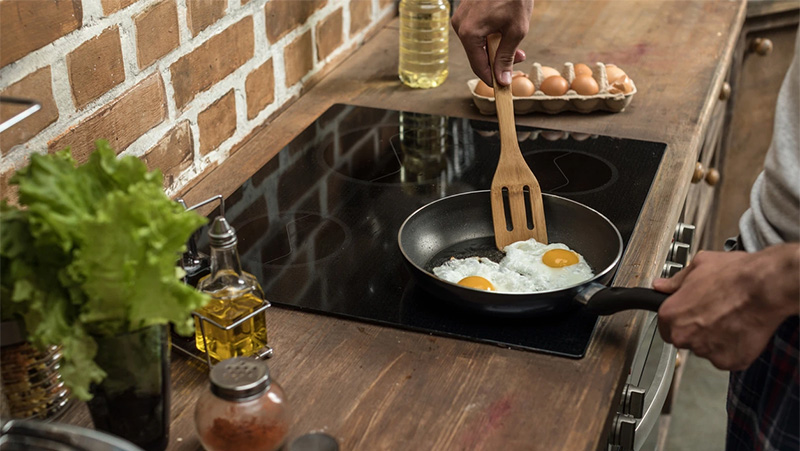
Learning from Industry Insights
For more insights on the compatibility of cast iron with induction cooktops, you might find this article from Tom's Guide helpful.
Kitchen professionals continually explore the nuances of cookware and cooking methods. For further reading on using heavy cookware on induction, you can visit this article from Culina Cooks.
FAQs
Q1: Is thick cast iron too heavy for induction cooktops?
A1: While thick cast iron is heavy, most modern induction cooktops are designed to handle the weight. It's always best to check the manufacturer's guidelines.
Q2: Does induction heat thick cast iron evenly?
A2: Yes, induction can heat thick cast iron evenly due to its ferrous properties, allowing the electromagnetic field to induce consistent heat distribution.
Q3: What are the advantages of using induction with thick cast iron?
A3: The advantages include precise temperature control, energy efficiency, and the ability to maintain stable cooking temperatures, enhancing the natural heat retention of cast iron.
For more insights into how long it takes to preheat a sizzling plate or other related topics, visit Culina Cooks.

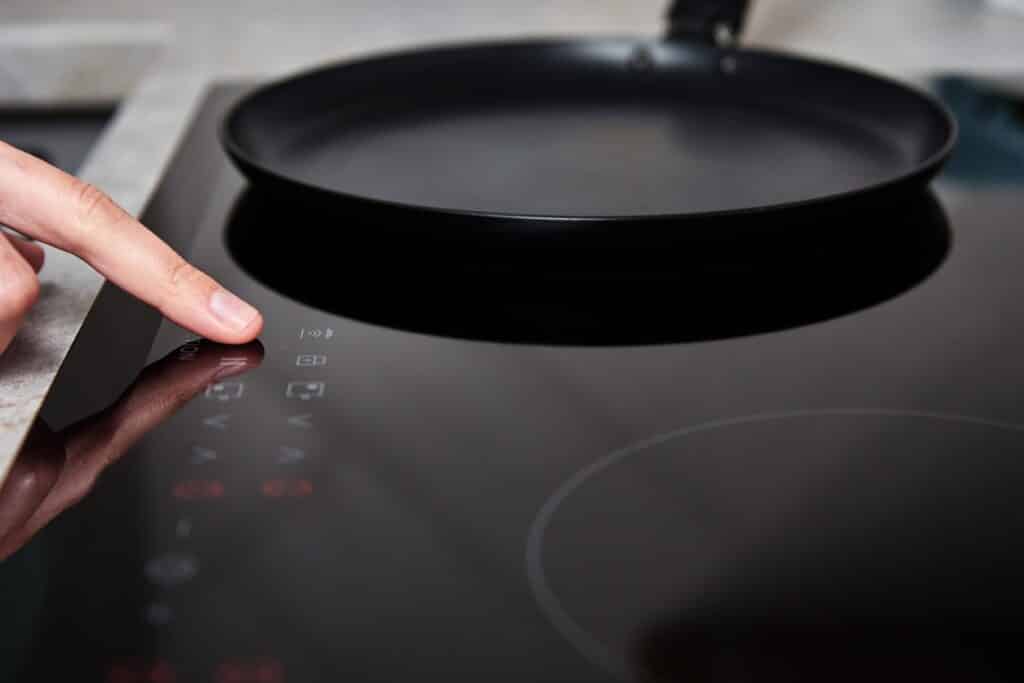


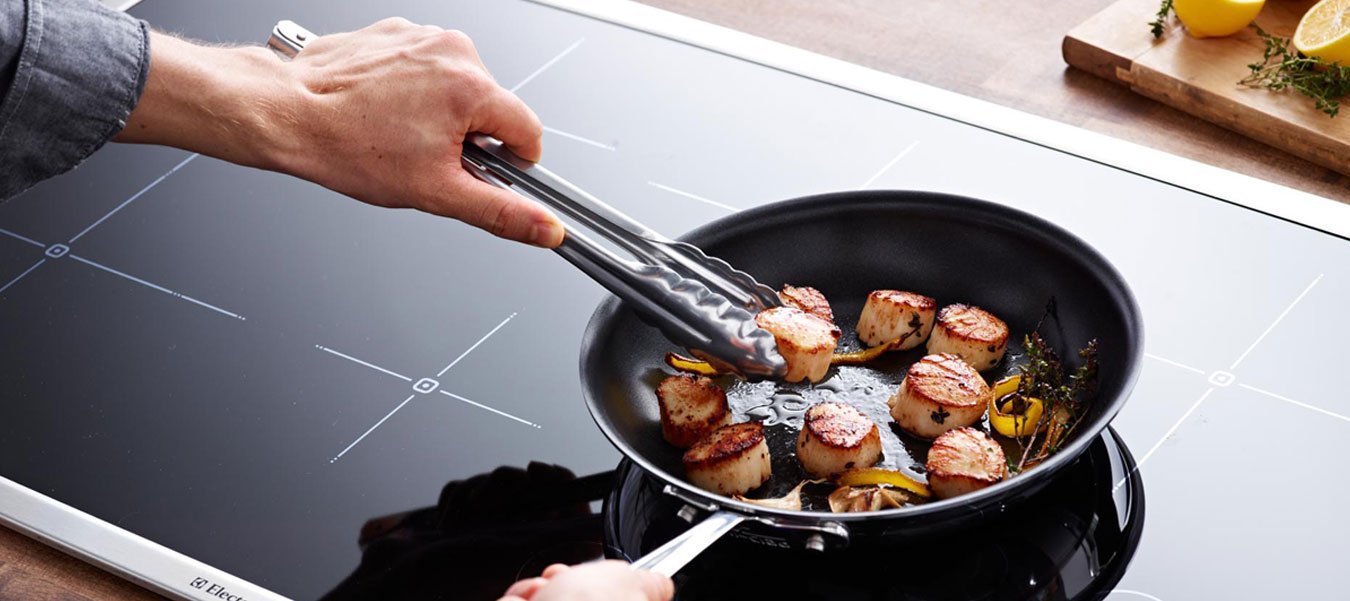
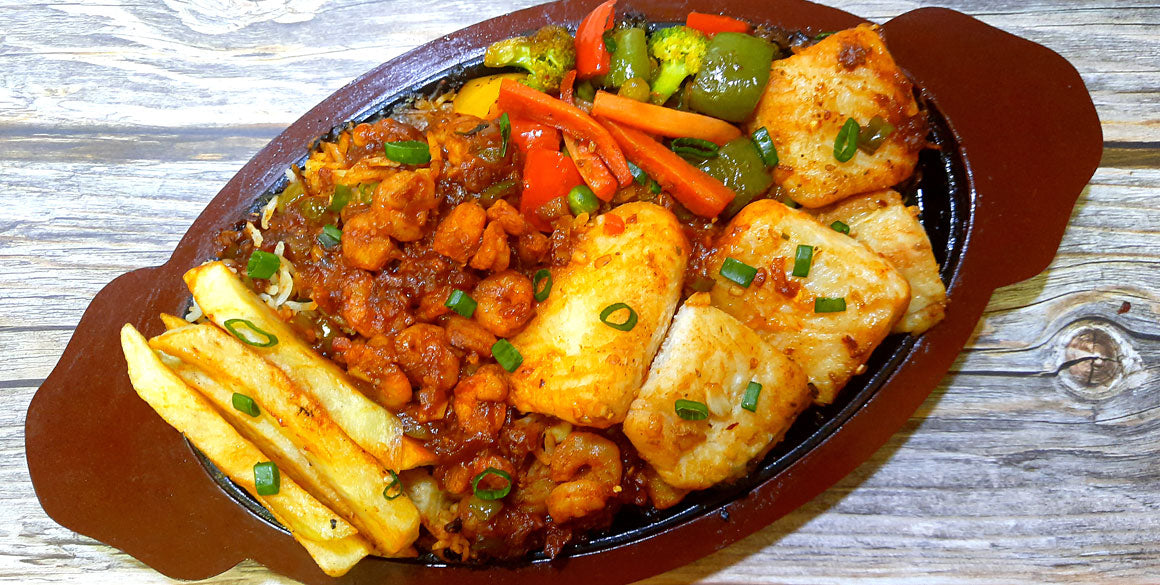
Leave a comment
This site is protected by hCaptcha and the hCaptcha Privacy Policy and Terms of Service apply.